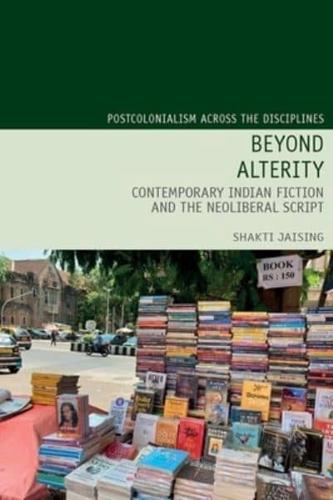Publisher's Synopsis
Beyond Alterity contests a core tendency in postcolonial studies as well as emerging critiques of neoliberalism-to assume that nations of the Global South are categorically distinct from their counterparts in the North and that they provide an alternative, or even an antidote, to the competitive and individualistic cultures of the advanced capitalist world. Through a textured analysis of cultural production from contemporary India, Shakti Jaising argues that neoliberal capitalism has produced significant continuities in class dynamics and subjective experience across the North-South divide-continuities that are at least as worthy of our consideration as differences arising from colonialism and its aftereffects.
The book engages an array of political, economic, and cultural narratives, while focusing in particular on widely circulating Indian English-language novels and their audio-visual adaptations that demonstrate the growing currency of a neoliberal script extoling values like privatization and deregulation as conduits to both individual growth and national development, as well as freedom from poverty. With their potent enactments of personal and national maturation, contemporary Indian novels and films offer striking illustrations of the imaginative means by which the neoliberal script proliferates- even as economic precarity and inequality worsen in India, much like elsewhere in the world. Whereas literary scholars tend to approach the Indian English novel as an exemplar of resistance from the formerly colonized world, Beyond Alterity contends that far from inevitably modelling resistance, this genre's contemporary examples instead encapsulate the challenges of disentangling literature from the all-pervasive logics and narratives of neoliberal capitalism.











